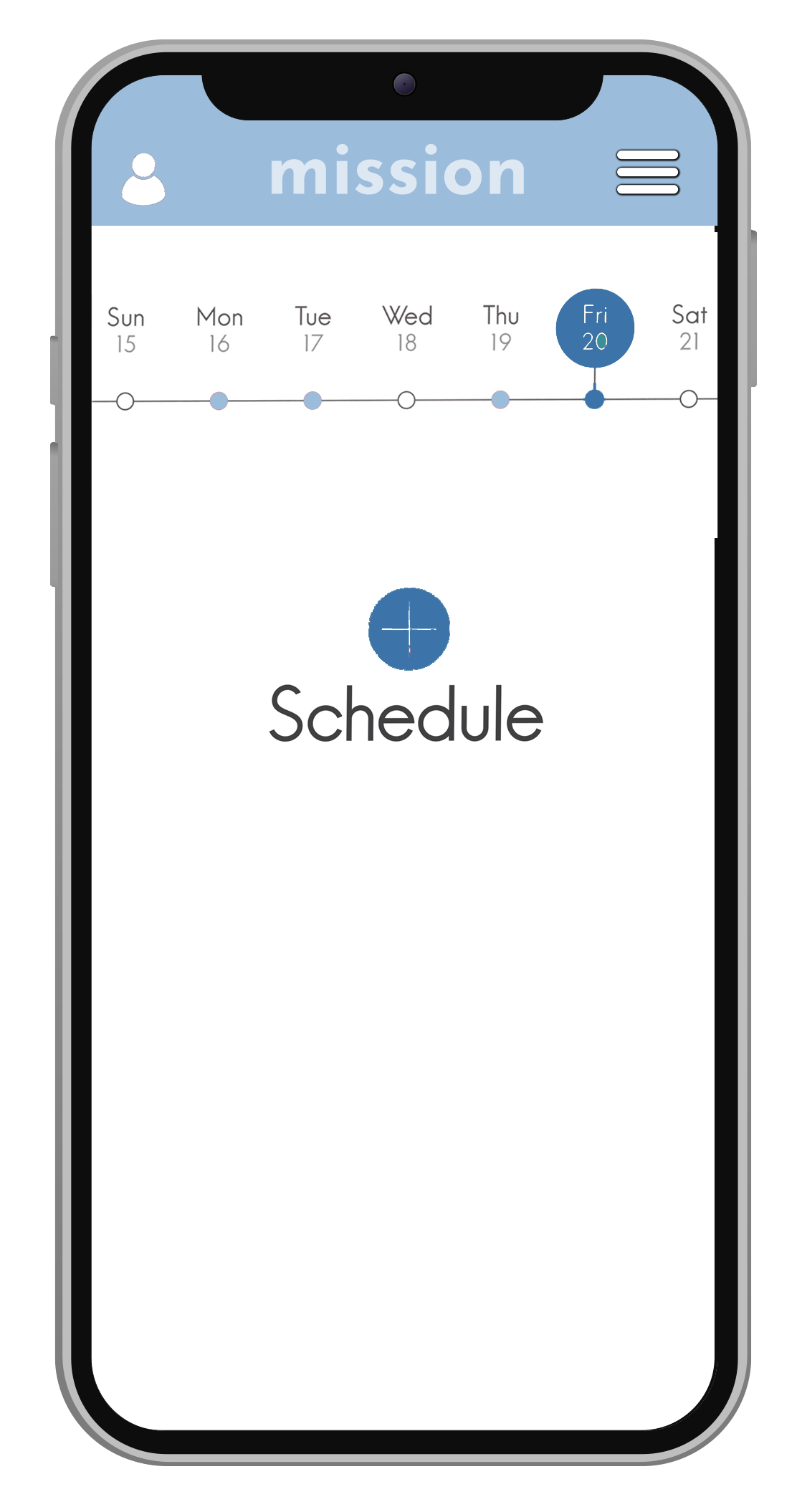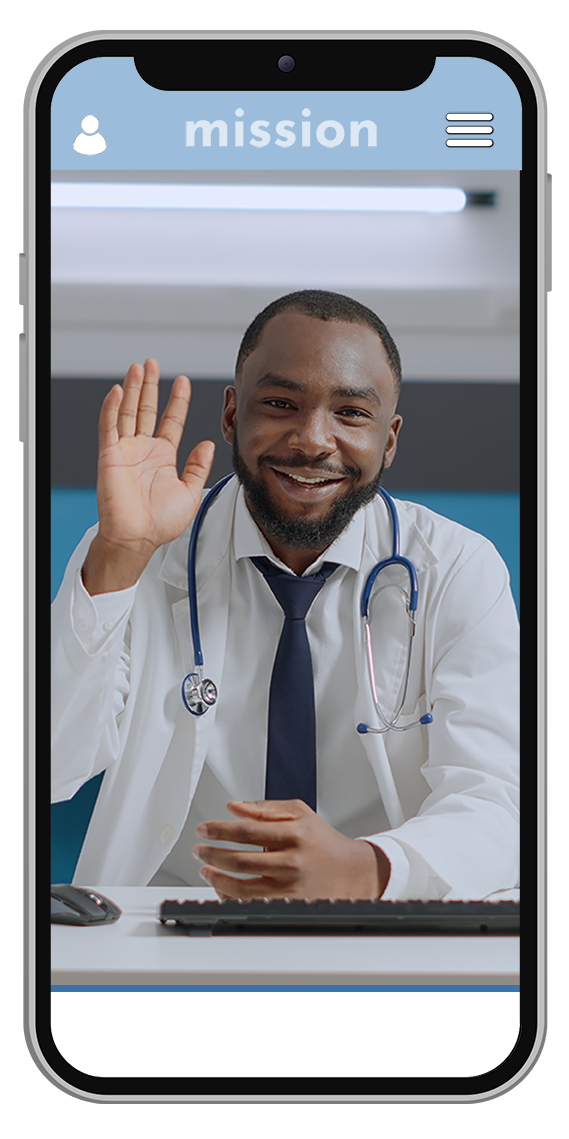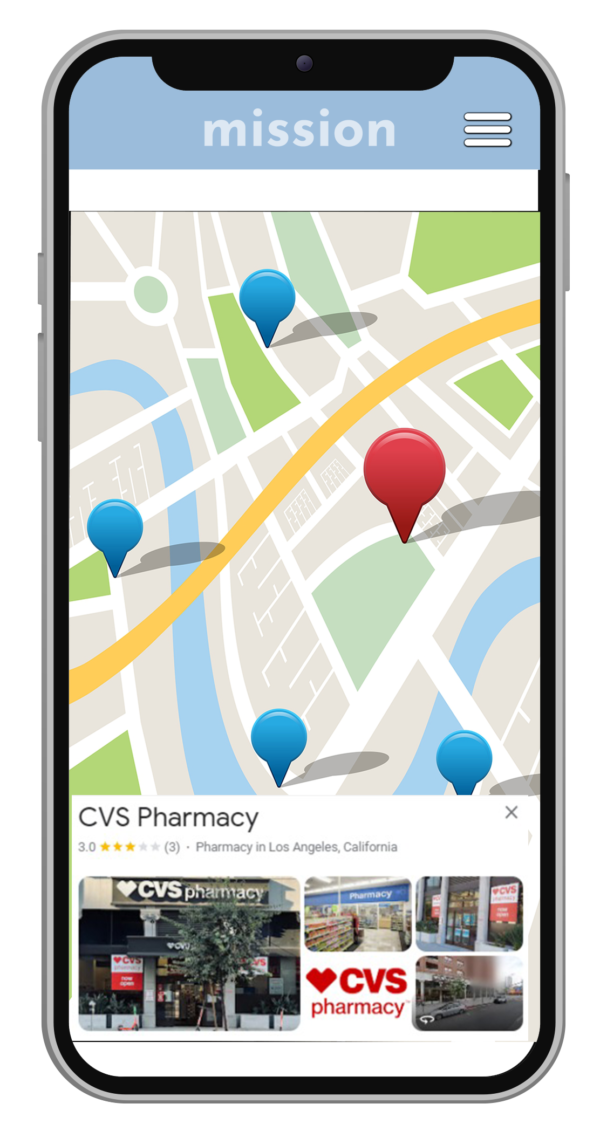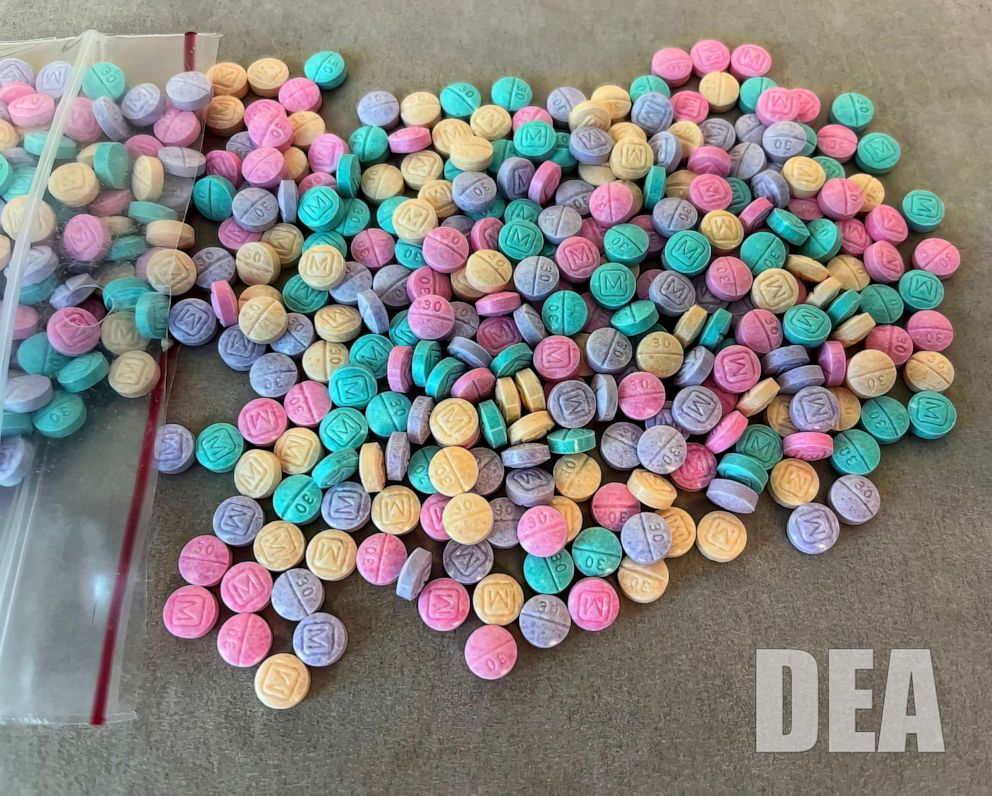Medication-Assisted Treatment (MAT)
The most effective & proven way to stop opioid abuse & dependence.
Medication-Assisted Treatment (MAT) is considered the gold standard for treating opioid use disorder, in combination with counseling and behavioral therapies, to provide a “whole-patient” approach to the treatment of substance use disorders and opioid use disorder.
Medication-Assisted Treatment is an evidence-based form of treatment, which means that it has been backed up by research proving its effectiveness.
Our recovery pathway provides maintenance and medically supervised withdrawal that allow you to begin your recovery journey with your best chance of success. We provide an overall solution that results in the best patient outcomes possible. We are here to help you go from survival mode to thriving mode.
Free Screening & Orientation call to learn more
Customized treatment plan by our licensed medical professionals
Get your prescriptions through virtual doctor meetings & have them sent to your local pharmacy
Online-based one-on-one therapy & counseling sessions
Online-based group therapy & counseling sessions
Available 7 days a week for case management & ongoing support
The effective way to treat opioid addiction
Lorem ispum do do factor.
Sobering facts about the opioid crisis
The opioid epidemic continues to grow across the USA and imposes a serious threat to the health of a variety of age ranges. Both urban and rural communities across the country are being devastated by the opioid and drug epidemic.
Adults aged 35-44 are experiencing the highest rate of drug overdoses while younger people aged 15-24 are seeing the greatest percentage increase in overdose deaths.
of drug overdose deaths involve opioids
FREQUENTLY ASKED QUESTIONS
FREQUENTLY ASKED QUESTIONS
We’re dedicated to making successful recovery from addiction possible for everyone who regularly uses or abuses opioids or alcohol.
If you, or someone you are close to, is using or abusing codeine, morphine, oxycodone, oxymorphone, Fentanyl, Dilaudid, Demerol, heroin or methadone, our medication-based treatment is designed to get you to stop using or control your use.
Our medication-based treatment program is just one popular part of our overall opioid addiction recovery plan. Patients requiring more advanced treatment or a multi-faceted approach have access to Drug Counseling, Behavioral Therapy, Outpatient Detox, Intensive Outpatient Services (IOP), Outpatient Services (OP) and our Case Management services.
If you are also suffering from other acute mental health or medical issues in addition to opioid addiction, we can assist in your overall treatment and recovery as part of a holistic, whole-person approach.
Start your recovery >>Your Wellness is Our Mission
Our licensed medical professionals typically prescribe Suboxone or a generic Buprenorphine-Naloxone combination medication for the treatment of opioid addiction. Suboxone, and it’s generic alternatives, are the gold standard in medication-assisted treatment (MAT) for opioid addiction.
Our addiction treatment team can also prescribe medication to relieve symptoms related to opioid withdrawal during the induction phase of treatment. This includes helping reduce nausea and help reduce trouble sleeping.
We also prescribe Naltrexone for the treatment of alcoholism and to support recovery from alcohol use disorder. Research shows naltrexone reduces the risk of drinking and heavy drinking. Naltrexone can help curb alcohol cravings, and reduce your desire to drink or continue drinking.
Start your recovery >>
Suboxone, the brand name for buprenorphine, is a proven, evidence-based prescription drug used to treat both illegal and prescription opioid addiction. Suboxone is also available under the generic name Buprenorphine-Naxolone. Mission Addiction Treatment can prescribe either Suboxone or the generic Buprenorphine-Naxolone.
Suboxone has become known as the gold standard for opioid use disorder (OUD) medication since its approval by the FDA in 2002 and release to market in 2003. Other highlights for Suboxone include being added to the World Health Organization’s (WHO) List of Essential Medicines due to its 70-80% reduction in overdose deaths among patients.
Suboxone is 1 of 3 medicines approved by the FDA for treating opioid addiction (Methadone and Naltrexone are the others). It is a medication that helps treat opioid addiction and minimize cravings by using a combination of Buprenorphine and Naloxone.
Suboxone works by partially binding to the opioid receptor sites in the brain – a process very similar to how traditional opioids affect the brain.
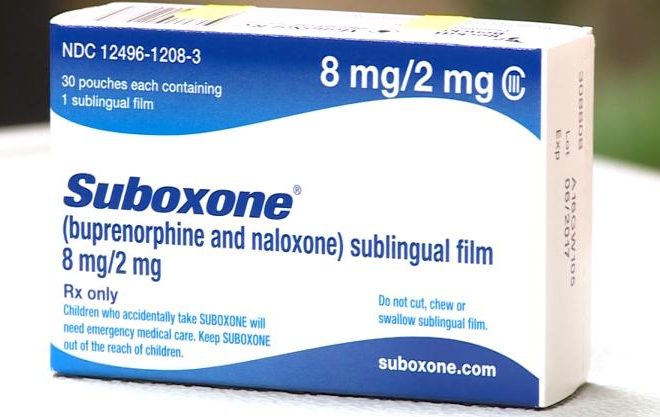
The combination of Buprenorphine and Naloxone is used for several reasons. Buprenorphine simulates some of a traditional opioid’s effects to reduce cravings and withdrawal symptoms. Naloxone is present to prevent misuse or abuse of the drug. The net effect is that you feel physically healthy and remain clear-headed all day long.
Start your recovery >>Suboxone typically comes as an oral film that you place under your tongue, or as a buccal film that you put between your cheek and your gums. The film dissolves easily in your mouth and should not be chewed or swallowed. Suboxone can also be prescribed in pill form.
Suboxone can currently be prescribed by licensed medical providers in any treatment setting and is available at most local pharmacies.
Suboxone is the gold standard within Medication-Assisted Treatment (MAT) and is known as an opioid antagonist. An opioid antagonist is the opposite of traditionally abused opioid agonists.
Opioid agonists include heroin, fentanyl, codeine, morphine, oxycodone (Percocet, Percodan, Oxycontin, Roxicodone), oxymorphone, methadone, meperidine (Demerol), and hydromorphone (Dilaudid).
When you are on a properly prescribed regimen of Suboxone, the drug will activate pain-blocking receptors in your brain, altering your perceptions of pain and releasing endorphins that mimic pleasure. This is known as the opioid effect.
When you make an opioid antagonist like Suboxone part of your recovery, the medication will negate the effects of any opioid by preventing them from activating those pain receptors. This is highly effective at managing your cravings and reduce symptoms of withdrawal.
Suboxone is less habit-forming than other options
Addiction treatment specialists prefer Suboxone over other Medication-Assisted Treatment options like methadone. Suboxone became prevalent in recovery from opioid addiction in the early 2000s due to its far lower risk of dependency compared to methadone combined with less severe side effects of use. This is due to Suboxone being specifically created with the express intention of helping addicts successfully recover from opioid addiction.
Start your recovery >>Suboxone comes as an oral film that you place under your tongue, or as a buccal film that you put between your cheek and your gums. The film dissolves easily in your mouth and should not be chewed or swallowed.
Many insurers cover virtual treatment at the same level as other outpatient or residential programs. Our trained admissions specialists will walk you through the process and go over your financial options, including private pay, in-network insurance, and out-of-network providers. We work with each case individually to secure the maximum benefits possible and allow you to focus on treatment.
Naltrexone is a medication approved by the Food and Drug Administration (FDA) to treat Alcohol Use Disorder (AUD) as a Medication-Assisted Treatment (MAT) option.
Naltrexone blocks the parts of your brain that “feel” pleasure from alcohol and narcotics. When these areas of the brain are blocked, you feel less need to drink alcohol, and you can stop drinking more easily. Naltrexone does not make you feel sick if you drink alcohol while taking it, unlike disulfiram (brand name: Antabuse), another medicine that is sometimes used for alcoholism.
Naltrexone can be prescribed and administered by any practitioner licensed to prescribe medications, and is available in a pill form to be taken daily.
Naltrexone is one component of a comprehensive treatment plan, which includes counseling and other behavioral health therapies to provide patients with a whole-person approach.
Naltrexone is not a recommended MAT option for anyone younger than 18 years of age, or for patients experiencing other health conditions.
Naltrexone is taken once daily in pill form when used to treat alcohol use disorder.
Naltrexone (brand name: ReVia) is a medicine that reduces your desire for alcohol when you try to stop drinking. Naltrexone may help you stay sober for a long time. Although your doctor has prescribed naltrexone to help you stop drinking, this medicine is not a complete cure for your alcoholism. It can help you stop drinking while you get other treatments that your doctor will talk about with you.
You should be careful not to take any narcotics such as codeine, morphine or heroin at the same time you take naltrexone. Don’t even take any cough medicine with codeine in it while you are taking naltrexone. You must stop taking all narcotics for 48 hours before you start taking naltrexone. If you don’t, you could get withdrawal symptoms.
Meet our Team
Our Management Team, Board of Directors and Advisory Board are experienced industry experts comprised of licensed physicians, addiction specialists, behavioral health professionals and healthcare legal experts that lead the way in the fight against opioid addiction & mental health disorders.
